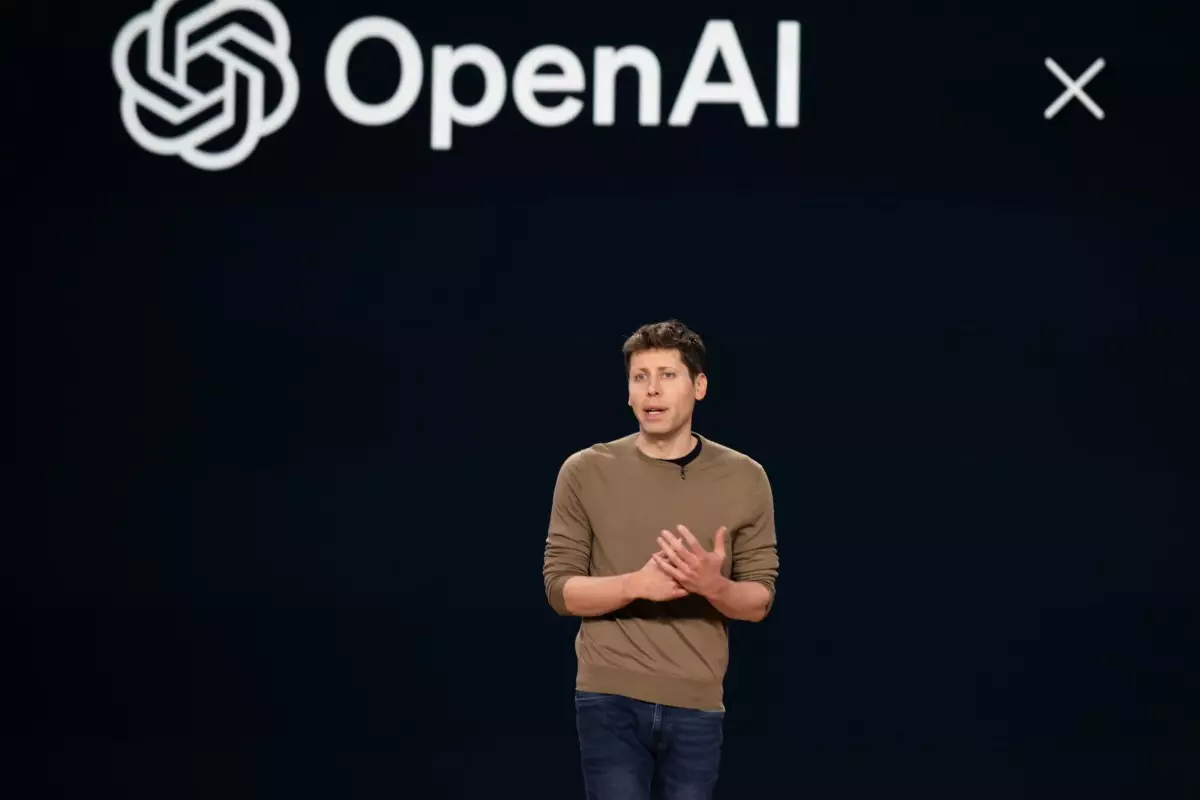In a groundbreaking legal move, Asian News International (ANI), one of India’s leading news organizations, has initiated a lawsuit against OpenAI, a prominent player in the artificial intelligence sector. Filed in the Delhi High Court, this case represents a crucial moment for the interplay between technology and traditional media. It raises significant concerns regarding the ethical and legal frameworks governing AI and its relationship to copyrighted material, particularly in a nation that boasts the second-largest population in the world.
ANI’s lawsuit claims that OpenAI has unlawfully utilized its content to develop and optimize its AI models, including ChatGPT. The agency has accused OpenAI of disseminating inaccurate information falsely attributed to them, effectively misrepresenting the news agency’s credibility. This is the first instance of an Indian media organization holding OpenAI legally accountable for potential copyright violations, paving the way for other entities to follow suit and increasing scrutiny on how AI companies utilize media content.
During a hearing on this matter, the presiding judge, Justice Amit Bansal, issued a summons to OpenAI after the company acknowledged that its AI system was not currently accessing ANI’s website. However, the bench decided against issuing an immediate injunction, citing the complexity of the case, which requires comprehensive legal examination. The forthcoming hearings, set to resume in January, are expected to delve deeper into the intricacies of copyright law as it pertains to machine learning and AI.
An OpenAI spokesperson has publicly stated that the organization prioritizes collaboration with news agencies, asserting their commitment to ethical content usage and partnerships. However, such assurances may not appease ANI, which is particularly alarmed by instances where ChatGPT has generated fabricated interviews attributed to its journalists. This raises pressing questions about the reliability of AI-generated content and the potential reputational damage to established news outlets.
This lawsuit occurs amid a global environment where AI companies are increasingly facing legal challenges regarding copyright infringement. OpenAI is currently defending itself against numerous similar lawsuits in the United States and Canada, indicating a broader trend of growing concern over the intellectual property rights of content creators in the age of AI. ANI’s action signals a vital step towards the understanding of AI’s responsibilities toward content creators, particularly as the technology continues to evolve and integrate into everyday life.
One of the noteworthy aspects of the ongoing case is the court’s decision to appoint an independent expert to offer insights into the copyright implications surrounding AI’s usage of publicly accessible content. As technology continues to disrupt traditional media, this case could set essential precedents for how AI companies operate concerning copyright laws in India and potentially globally. The outcome may lead to new regulations governing AI’s relationship with content producers and could initiate a more rigorous framework that balances innovation with intellectual property rights.
The ANI versus OpenAI case is far more than just a legal battle; it represents a pivotal moment in establishing clear guidelines for the ethical use of media content by AI systems. The discussions surrounding this lawsuit will undoubtedly shape the future landscape of both artificial intelligence and copyright law, highlighting the urgent need for thoughtful discourse on the synergy between technology and creative rights.

